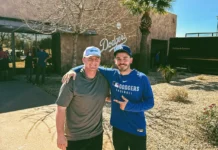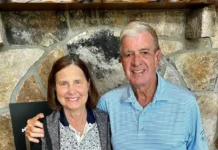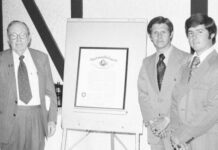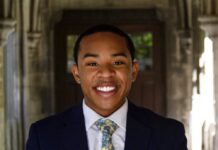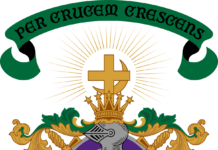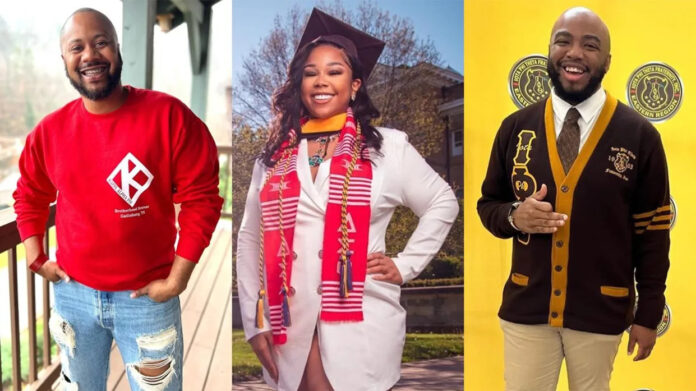
Growing up, I thought I was my stepfather’s biggest disappointment. I wasn’t a “normal” Black boy. I hated sports. I wasn’t tough. I was a little too flamboyant for most adults and nerdy for most kids. At age 6, I had the first hint that I was attracted to other boys. Still, I wanted to impress my stepfather, and his encouragement became a driving force that made him proud. I was a college sophomore when my stepfather encouraged me to join a fraternity, and I quickly began learning about Black Greek Letter Organizations.
The Divine Nine, or the National Pan-Hellenic Council (NPHC), are lifelong communities for college students and alumni who use service, philanthropy, business, and politics to uplift the Black community. They’re comprised of four sororities and five fraternities: Alpha Phi Alpha Fraternity, Incorporated (est. 1906), Alpha Kappa Alpha Sorority, Incorporated (est. 1908), Kappa Alpha Psi Fraternity, Incorporated (est. 1911), Omega Psi Phi Fraternity, Incorporated (est. 1911), Delta Sigma Theta Sorority, Incorporated (est. 1913), Phi Beta Sigma Fraternity, Incorporated (est. 1914), Zeta Phi Beta Sorority, Incorporated (est. 1920), Sigma Gamma Rho Sorority, Incorporated (est. 1922), and Iota Phi Theta Fraternity, Incorporated (est. 1963).
With nearly 2 million members, thousands of undergraduate and graduate chapters worldwide, and decades long community-based programs, the Divine Nine has profoundly impacted the African-American experience and supported our nation’s progress toward equal justice. Its prominent members include Civil Rights icons, trailblazing entrepreneurs, world-renowned scholars, and decorated athletes.
After connecting with members on campus and researching, I knew Alpha Phi Alpha was my fraternity of choice. I believed I aligned with the ideals of the fraternity and would make a great Alpha man.
In fear of alienating my potential brothers, I quickly decided to hide my queer identity. I leaned into old masking habits to present as my most masculine self: not to smile too wide or laugh too hard, tempering my excitement and slowing my movements. Ironically, the closet I thought I was hiding in was evident to others. Thankfully, my sexuality didn’t lead to my rejection.
On a snowy April night in 2007, I joined five other men in becoming new members of Alpha Phi Alpha. But in a few years, the wounds of secrecy became too much to bear.
I slowly stepped away from my fraternity because I no longer felt comfortable diminishing my sexuality to fit in. Over time, with the help of friends, I leaned into my queerness and grew to love myself as a gay Black man. This time, I kept my fraternity identity secret, never thinking I could be openly gay as an Alpha. But a small yet powerful gesture would change this.



